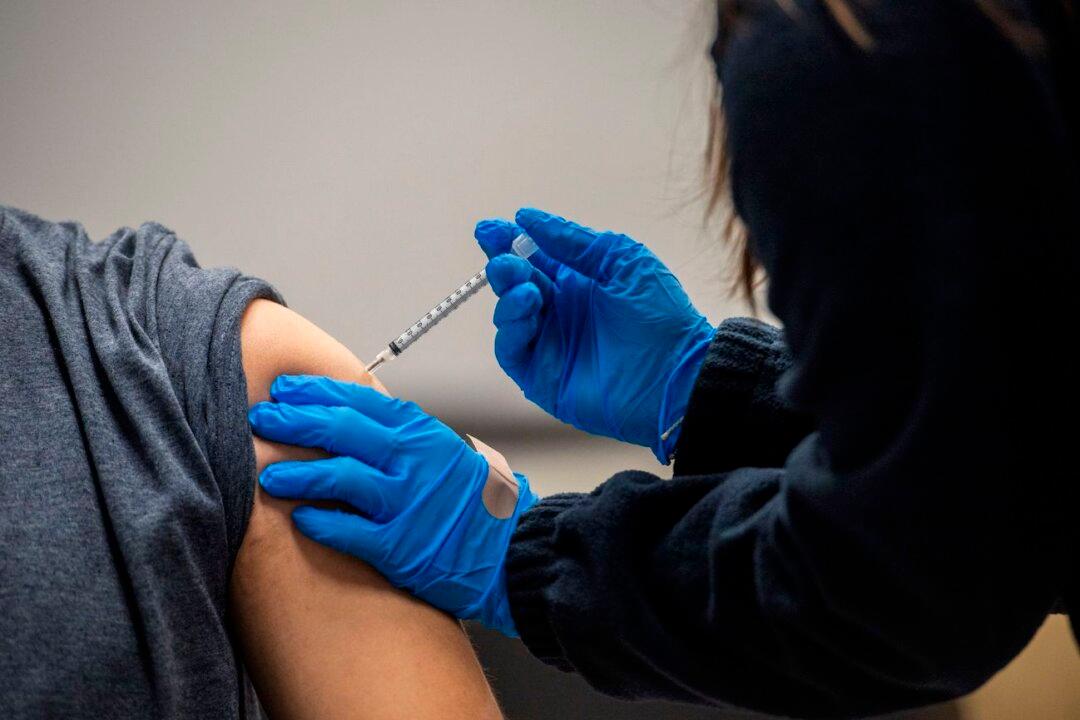Benefits from the messenger RNA COVID-19 vaccines outweigh the risk of heart inflammation, the World Health Organization’s (WHO) vaccine safety committee has said in its updated guidance.
After reviewing all currently available information and despite evidence suggesting a likely association between heart inflammation and the emergency use mRNA vaccine, the WHO’s Global Advisory Committee on Vaccine Safety (GACVS) announced on July 9 that the benefits of the vaccines continue to outweigh the risks of myocarditis and pericarditis to the individual.






